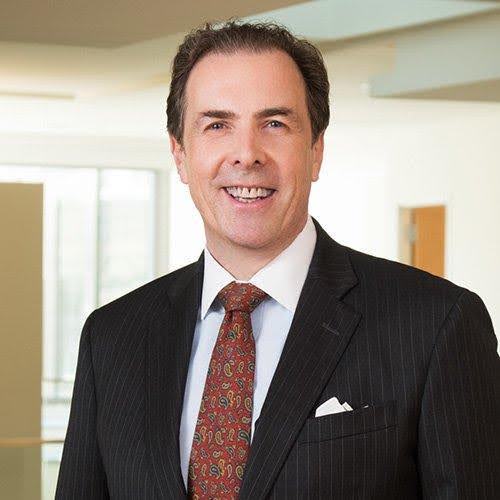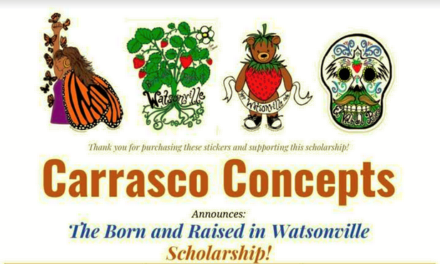
“From Ronald to Donald: How the Myth of Reagan Became the Cult of Trump”
“Be Bold America!” Sunday, June 16, 2024 at 5:00pm (PT)
Throughout Reagan’s eight years in the oval office, the “Great Communicator” was largely successful in shaping the soul of America to reflect his durable mantra that “government is the problem.”
That same American soul later embraced Donald Trump—a president who, arguably would have appalled Reagan.
Reagan’s contemporary mythology as tax cutter, deficit hawk, promoter of deregulation, the ordinary citizen, champion of traditional family values, small government and free market capitalism – all indelible images.
Reagan’s myth persists, and by understanding his time in office in the context of American history and of the American presidency, we can understand how a transformative president created more than policy by also shaping culture with the instrumental force of mythology.
Interview Guest:
Ed Oswald is a lawyer with an expertise in the federal taxation of municipal bonds. He is a partner in an international law firm in Washington, D.C. Ed is a frequent lecturer and speaker on financing infrastructure for State and local governments, non-profit organizations, and related matters. A graduate of St. John’s University in New York, B.S Accounting. He received his J.D. from St. John’s University School of Law, where he was a member of the Law Review. In 1991, he received an LL.M. in taxation from New York University.
Ed served as an attorney-advisor at the US Treasury Department’s Office of Tax Legislative Counsel during the second term of the Clinton Administration, where he worked on tax policy matters impacting US public infrastructure. At the US Treasury, he worked with the IRS, SEC, White House staff and economists, House Ways & Means Committee, and the Senate Financing Committee staff on a range of matters.
He is a Fellow of the American College of Tax Counsel. The American College of Tax Counsel is a professional association of tax attorneys who are “recognized for their extraordinary accomplishments and professional achievements and for their dedication to improving the practice of tax law.” Fellows must be nominated by their peers and undergo a rigorous screening process before being admitted. Membership is limited to a maximum of 700 tax attorneys across the United States.












